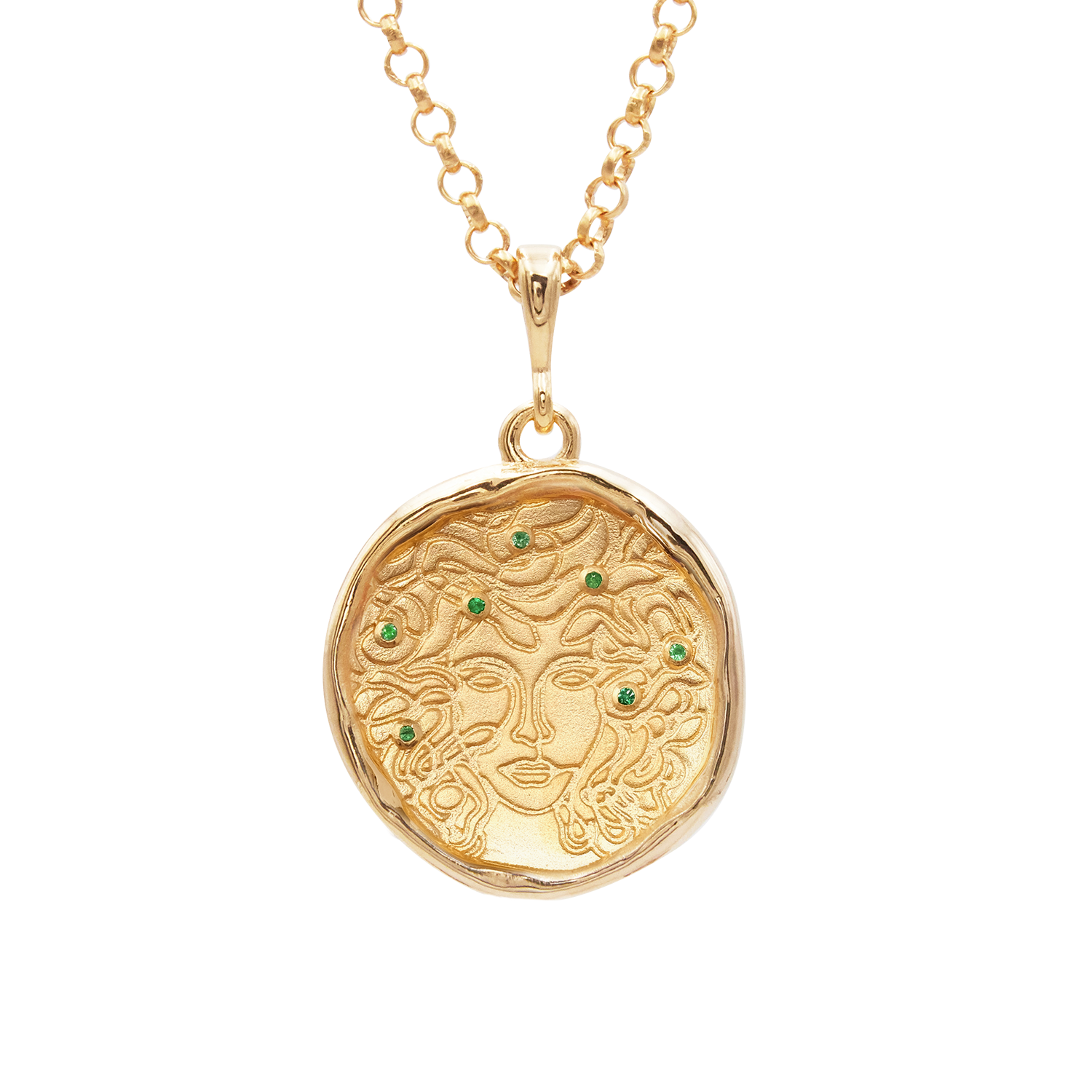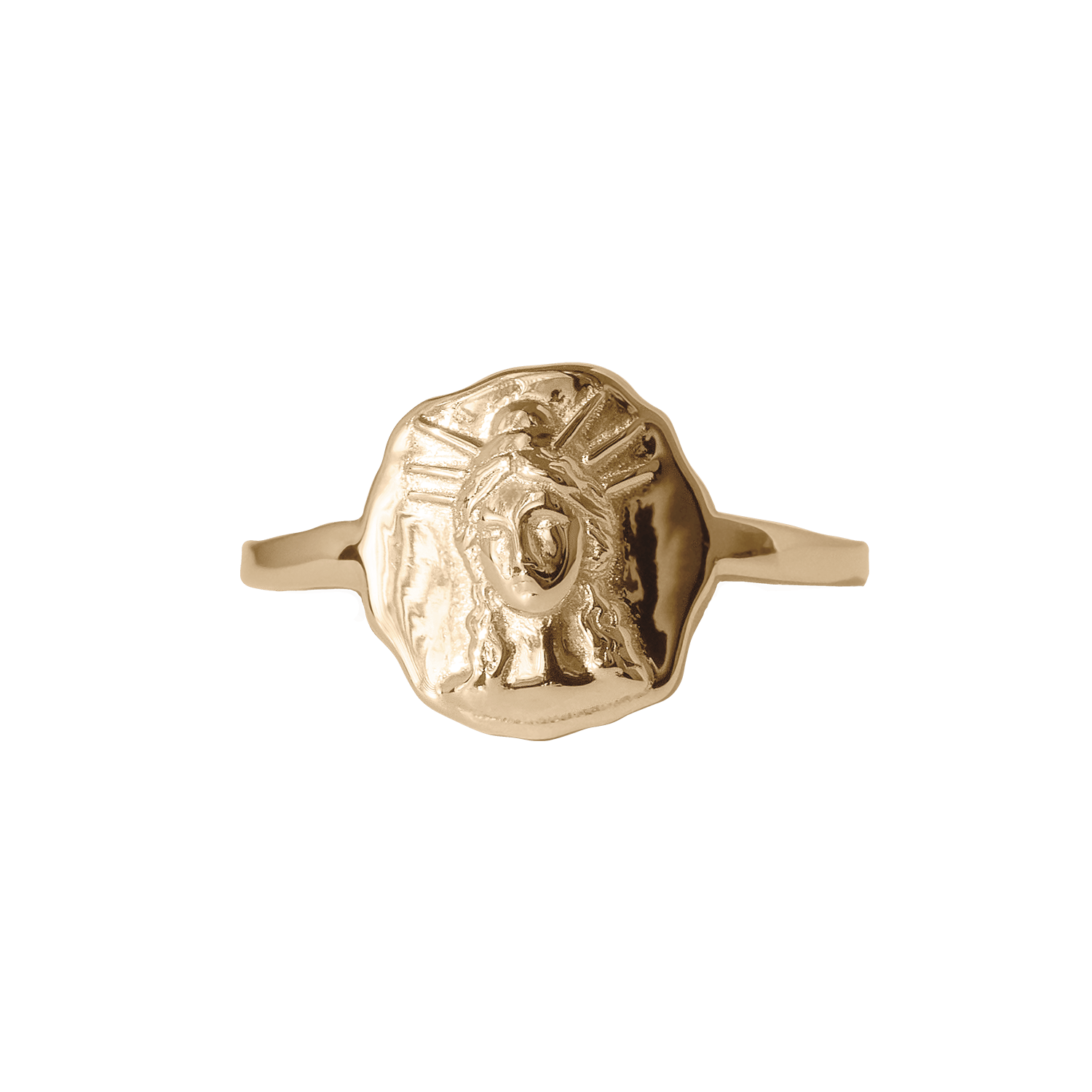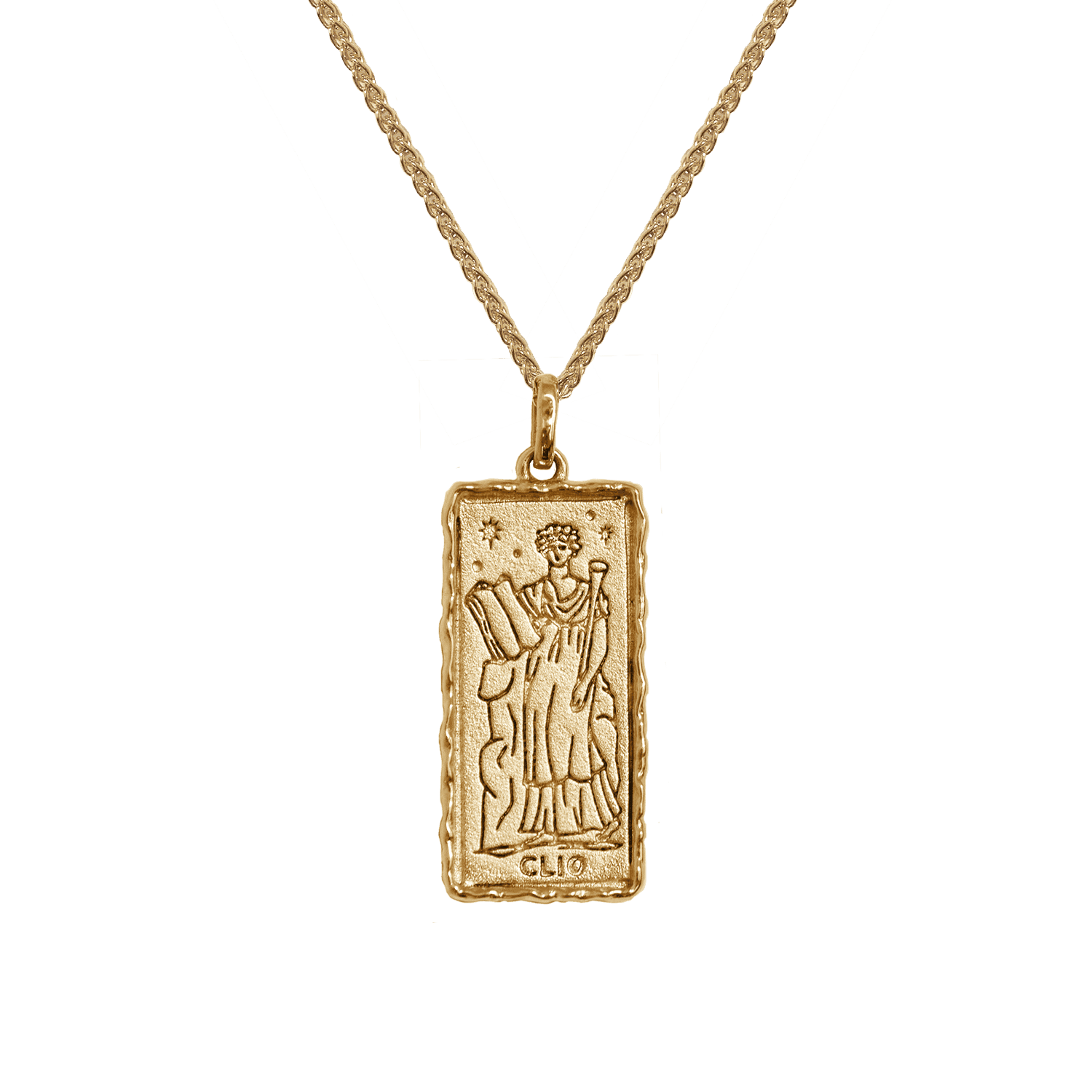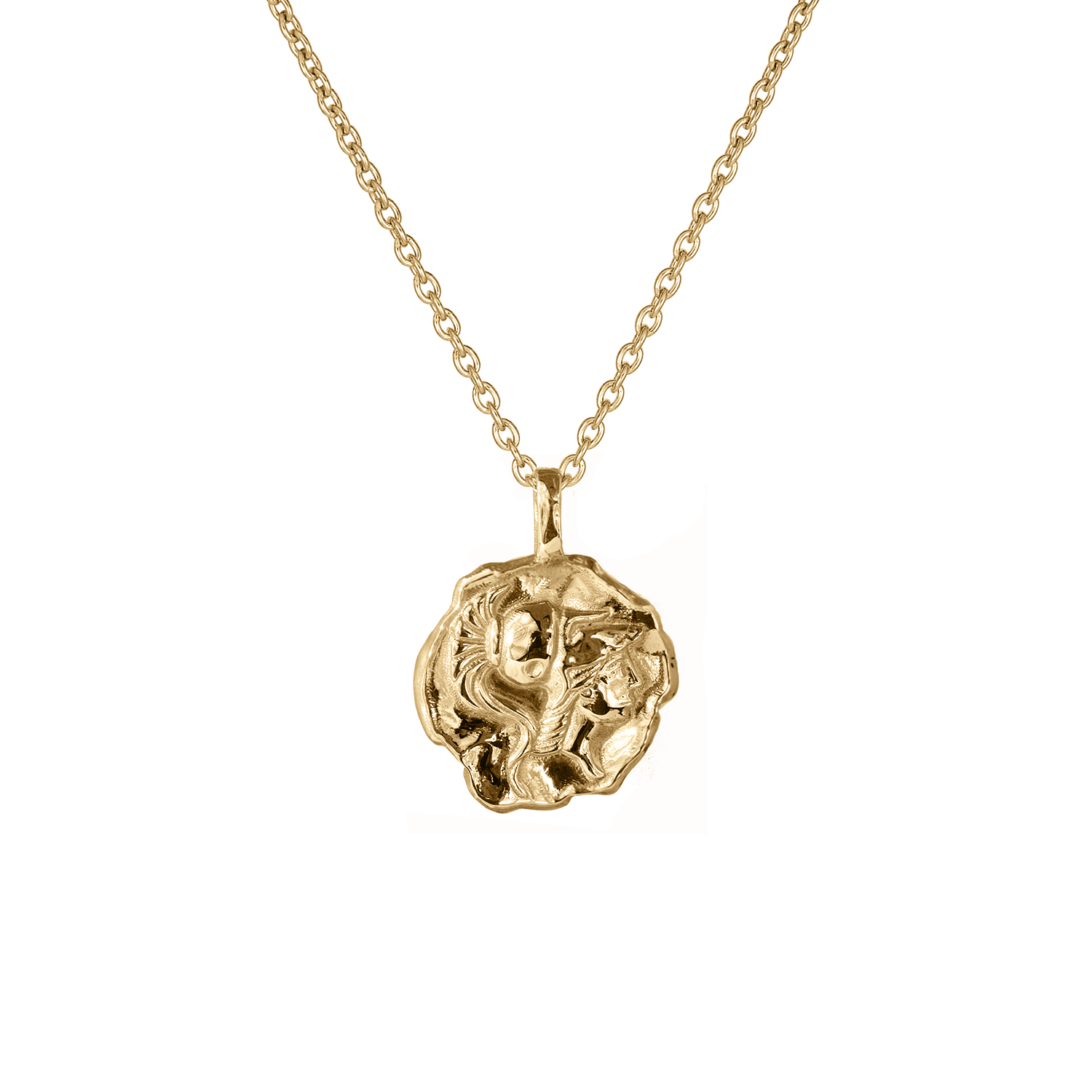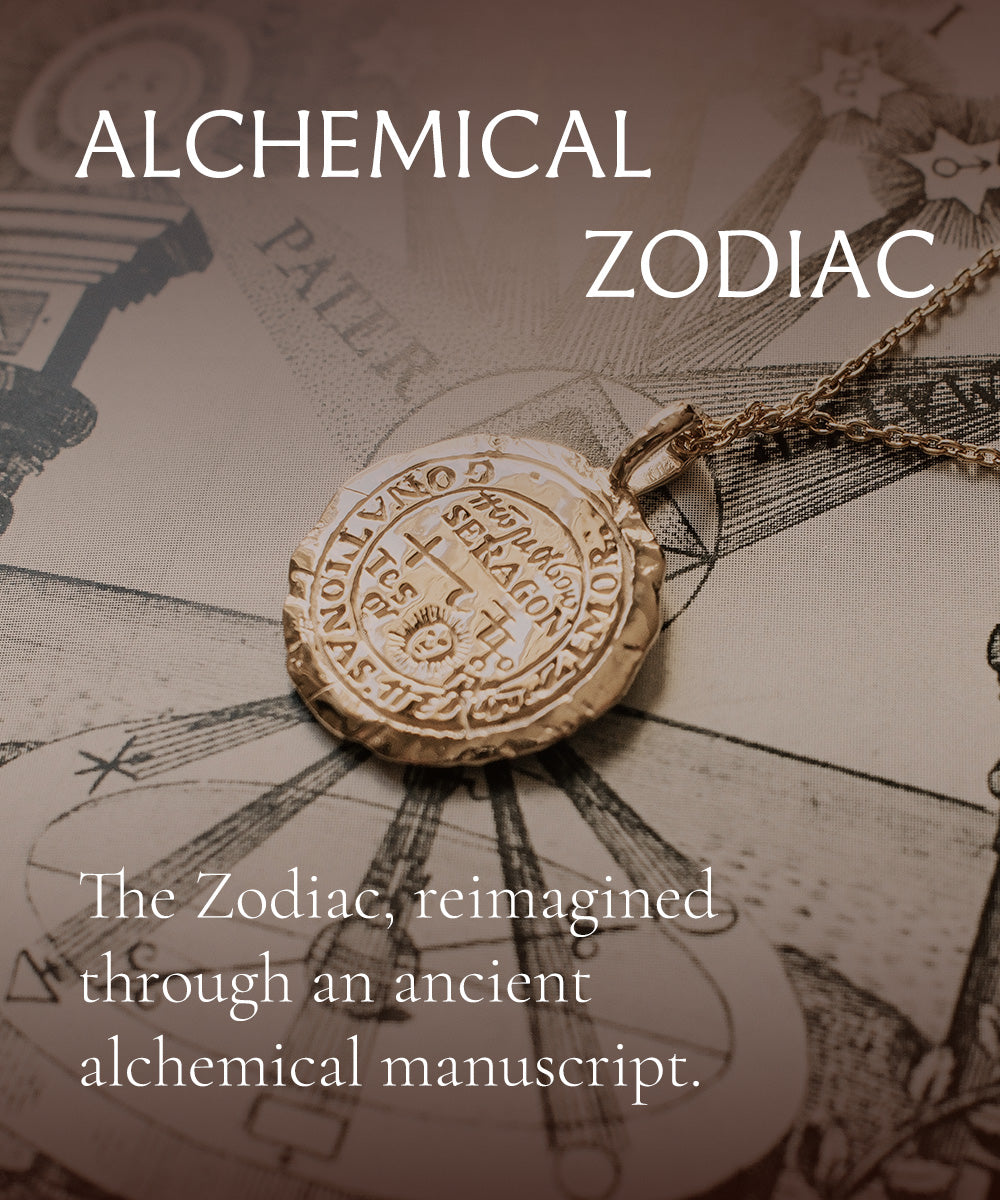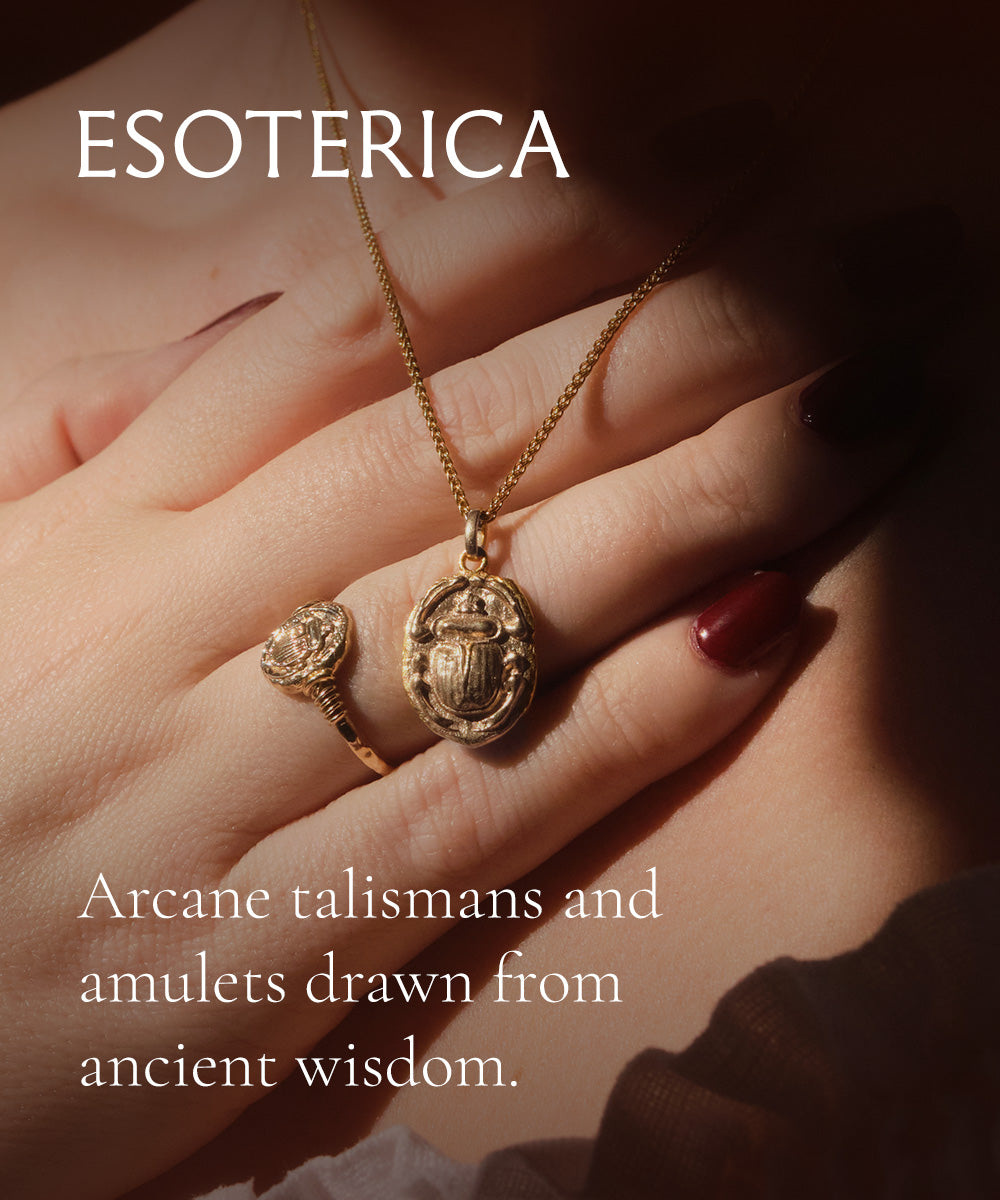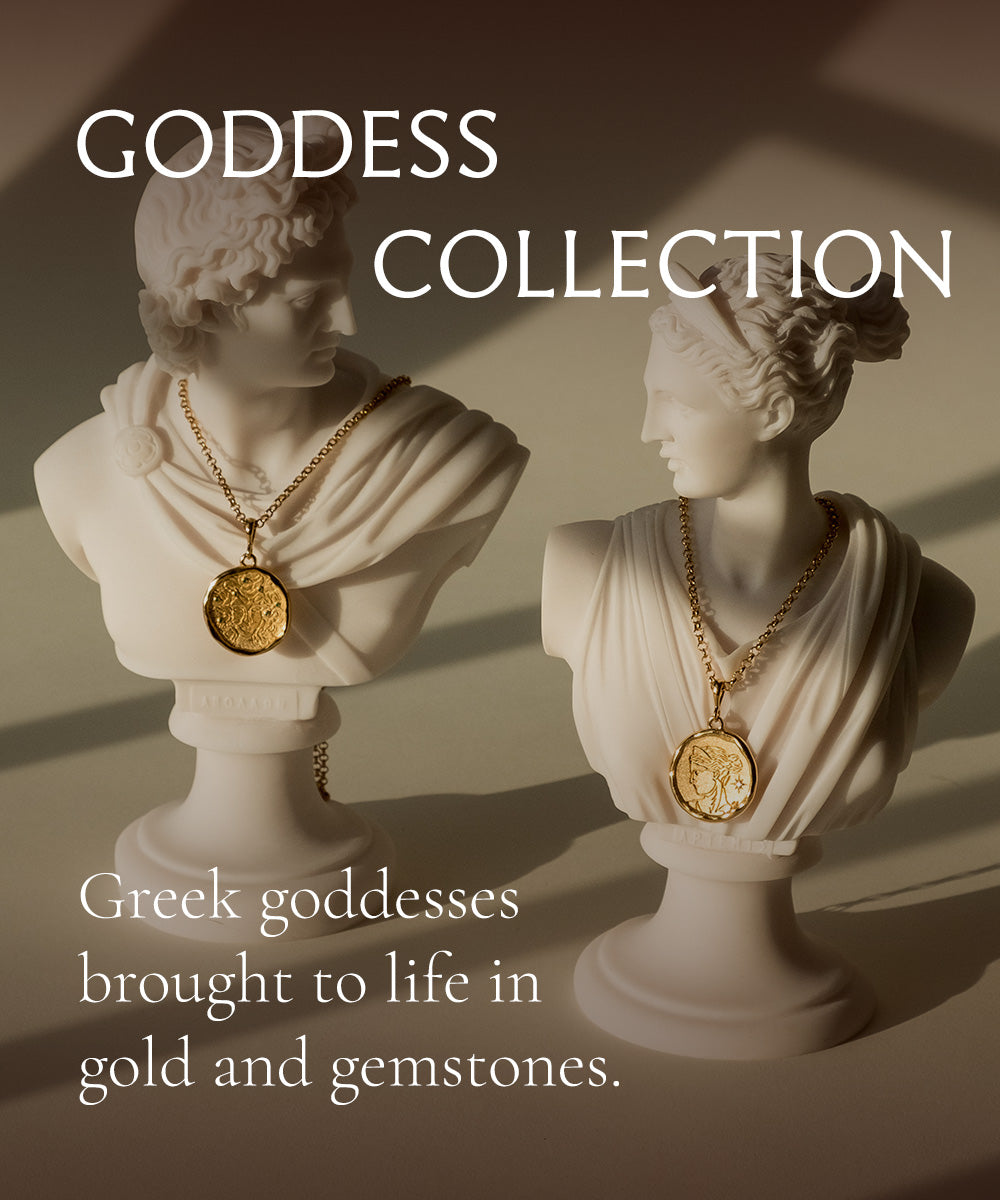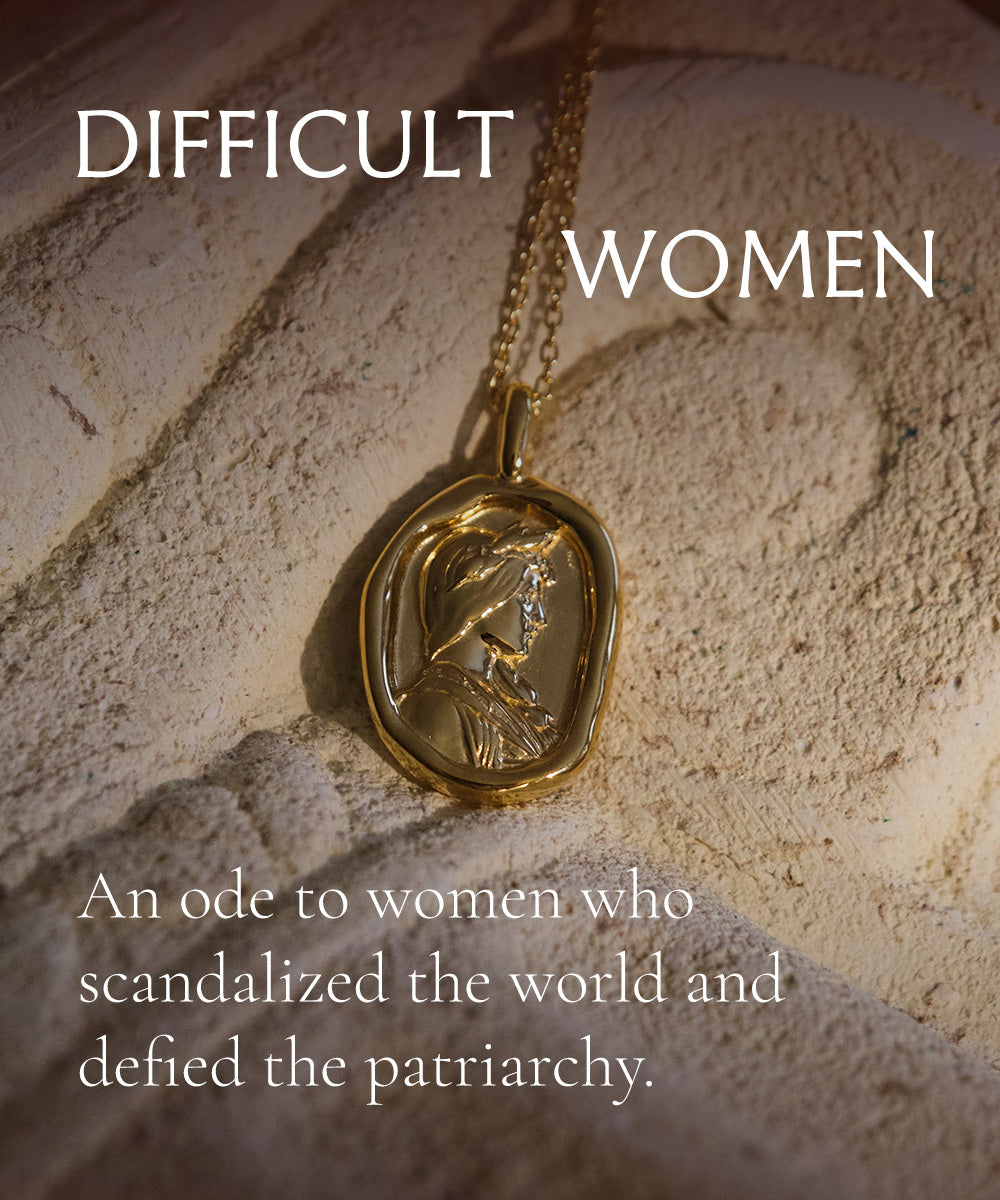A poet of classical Athens, Euripides stands in our historical memory alongside Sophocles and Aeschylus. We have much of Euripides’ works, more than any other playwright, and in these plays and fragments we catch a glimpse of a mind that was pushed against the membrane of societal norms.
Euripides knew no constancy, but therein lies his consistency. Hailed by British classicist Bernard Knox as, simultaneously, “a misogynist and a feminist… a realist who brought tragic action down to the level of everyday life and as a romantic poet… a religious sceptic if not an atheist, but on the other hand, as a believer in divine providence and the ultimate justice of divine dispensation.”
Euripides was, well before his time, a Renaissance man. When studying the plays today, one is struck by how open handedly he offers up complexity: rational thought is balanced with human emotion, and his themes range from tragedy to comedy, on politics and romance and religion and revenge. He presents the questions that humanity has grappled with since we formed the words to carry out our thoughts, and offers up philosophical rumination for his audience to ponder. He shies not from questions that others may condemn. He does little to confine himself to a school of thought, and reaches his cupped hands into many wells, thoughtfully, carefully, solemnly.
Euripides wrote women. Noble Hecuba, heroic Iphigenia in Aulis, tragic yet triumphant Medea, the fate of the forgotten and war ravaged Trojan Women, and of course the heart rending and deeply loyal Antigone. Where, in Sophocles and Aeschylus, women are ancillary and one dimensional in the lives of morally grey men with depth and character, Euripides wrote of intelligent and sophisticated women who showed strength of character in the face of tragedy and impossible choices.
Moreover, in a deeply religious time, Euripides pushed the envelope. There is no proof he was tried at the time, but after his death, Aristophanes accused the playwright of atheism—at the time, punishable by banishment or worse—and the evidence came from Bellerophontes.
Before the playwrights, Hesiod and Homer painted a picture of Bellerophon, a golden age hero who fell from glory. Tamer of the pegasus and slayer of the chimera, Bellerophon fell victim to his own hubris. Thinking he deserved to live among the gods, Bellerophon was cast down by Zeus.
This is a common topos in early Greek literature—the idea that a human cannot be a god, nor even like one, and that man should never compare himself to gods or else face the wrath of the immortals. The idea pervades many religions. A lesson in humbling oneself, or perhaps, a way to ensure no men ever question the perceived order of things.
Only about 90 lines survive of Euripides’ Bellerophontes. These fragments, however, contain questions as old as religion itself, deeply reminiscent of the human condition that strives to understand, but at the time most often kept inside by those who preferred to not meet the same fate as Socrates.
Euripides, fr.286.1-7 (Bellerophon)
“Is there anyone who thinks there are gods in heaven?
There are not. There are not, for any man who wishes
Not to be a fool and trust some ancient story.
Look at it yourselves, don’t make up your mind
Because of my words. I think that tyranny
Kills so many men and steals their possessions
And that men break their oaths by sacking cities.
But the men who do such things are more fortunate
Than those who live each day piously, at peace.
I know that small cities honor the gods,
Cities that obey stronger more impious men
Because they are overpowered by the strength of their arms.”
φησίν τις εἶναι δῆτ’ ἐν οὐρανῷ θεούς;
οὐκ εἰσίν, οὐκ εἴσ’, εἴ τις ἀνθρώπων θέλει
μὴ τῷ παλαιῷ μῶρος ὢν χρῆσθαι λόγῳ.
σκέψασθε δ’ αὐτοί, μὴ ἐπὶ τοῖς ἐμοῖς λόγοις
γνώμην ἔχοντες. φήμ’ ἐγὼ τυραννίδα
κτείνειν τε πλείστους κτημάτων τ’ ἀποστερεῖν
ὅρκους τε παραβαίνοντας ἐκπορθεῖν πόλεις·
καὶ ταῦτα δρῶντες μᾶλλόν εἰσ’ εὐδαίμονες
τῶν εὐσεβούντων ἡσυχῇ καθ’ ἡμέραν
πόλεις τε μικρὰς οἶδα τιμώσας θεούς,
αἳ μειζόνων κλύουσι δυσσεβεστέρων
λόγχης ἀριθμῷ πλείονος κρατούμεναι.
Grappling with the idea that the good live lives of suffering while the impious live lives of ease, Bellerophon shouts his disbelief to the empty heavens, lamenting that among men, strength and not goodness, intelligence, or morality determines leadership. It is bewildering, to the golden age hero, that just gods would allow this ungodly dissonance.
Bellerophon’s—and ultimately, Euripides’s—questions are not new, but to speak or even imply them was a dangerous pursuit until only very recently in history. Still, it reflects some of the most instinctual of questions. How can I explain that which I do not understand? How did I come to be? If I am created, who is my creator? If my creator is benevolent, how come evil persists, and triumphs? Why was I created to suffer, though I did nothing to bring it upon myself? If gods truly exist, and stand in judgement of man, why is there no justice in the land of the living? Shook to his core, Bellerophon decides this paradox indicates gods do not exist.
Though some playwrights and poets may have touched lightly on the subject, none go so far as Euripides to write a declaration that gods do not exist. Bellerophon also notes that the gods of the Greek pantheon are deeply flawed, often more evil and spiteful than men, and wonders how a god can be if they are not godly.
Euripides, fr. 292.6 (Bellerophon)
“If the gods do a shameful thing, they are not gods.”
εἰ θεοί τι δρῶσιν αἰσχρόν, οὐκ εἰσὶν θεοί.
Xenophanes of Colophon might have agreed:
“[Homer and Hesoid] sound the gods’ lawless deeds:
they steal, fornicate, and deceive one another.”
ὡς πλεῖστ(α) ἐφθέγξαντο θεῶν ἀθεμίστια ἔργα,
κλέπτειν μοιχεύειν τε καὶ ἀλλήλους ἀπατεύειν.
Do gods deserve to sit in judgement at all? These ones, or any? Are those who would question the will and the very existence of the gods fools, or are they the only sane and free among us? Euripides leaves us to ponder.
